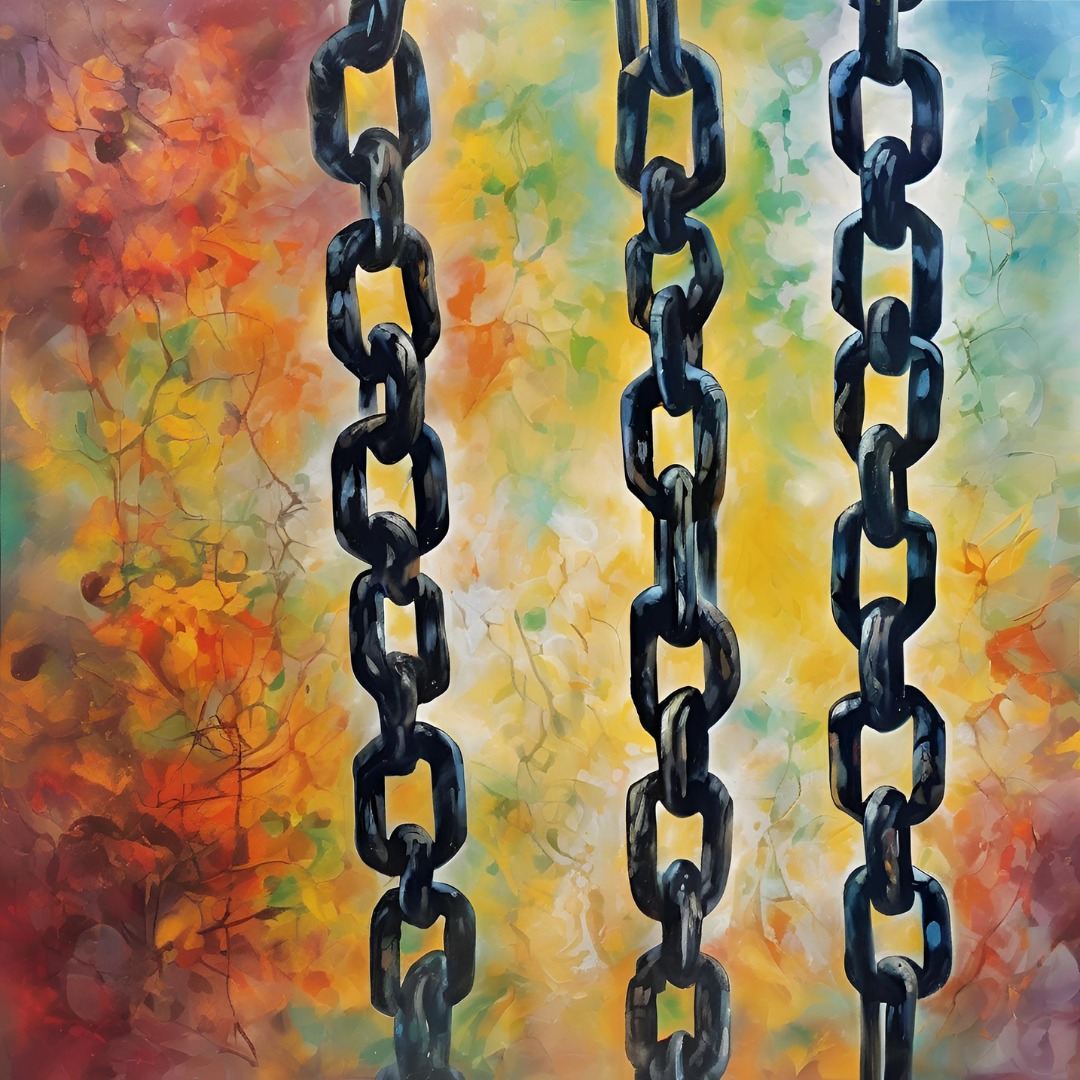Breaking Free from Victimhood
“By taking ownership of our well-being, we step into a role of empowerment.”
To claim ownership of our well-being is to step into the sacred power of self-mastery, where we no longer wait for a cure from outside but become the architects of our own healing. This indeed means to embrace the responsibility of our vitality, but comes with a chance to awaken the infinite potential that is residing within each of our incredibly intelligent bodies.

A Thanks to Western Medicine
Western medicine has saved countless lives, offering remarkable advancements in technology, surgery, and pharmaceuticals. Its contributions to emergency care, infectious disease management, and life-extending treatments cannot be overstated. The dedication of doctors, nurses, and researchers has led to incredible breakthroughs that have alleviated suffering and provided solutions to some of the most challenging medical conditions. For this, we must give thanks and honor the progress made in the field of modern medicine.
However, beneath its undeniable successes lies a fundamental issue: the reinforcement of a victimhood narrative that disempowers individuals and disconnects them from their innate healing abilities.
The modern medical model often operates under the assumption that illness is something that happens to us—an external force we must fight against, relying solely on doctors, drugs, and interventions to be saved. While medical professionals play an invaluable role in healing, this approach fosters passivity. It encourages patients to see themselves as helpless victims of disease, rather than active participants in their own health journey.
The Problem with the Victim Mentality in Medicine
The victimhood narrative creates a cycle of dependency. Patients diagnosed with chronic illnesses, autoimmune disorders, or even common ailments are often told that their condition is beyond their control. They are given prescriptions, treatment plans, and prognoses that leave little room for self-exploration or empowerment. Instead of being guided to understand the deeper emotional, energetic, and environmental influences on their well-being, they are taught to comply with external solutions while remaining disconnected from their bodies.
This model overlooks the powerful role that mindset, emotions, nutrition, energy, and lifestyle play in the healing process. When individuals believe they are powerless in the face of disease, they unconsciously reinforce illness rather than seek ways to transform it. This is not to dismiss the reality of suffering, nor to blame individuals for their conditions, but rather to highlight the importance of shifting from a passive to an active role in healing.
Reclaiming the Power to Heal
True healing begins when we recognize that our bodies are not separate from our minds, emotions, and energy fields. Every symptom has a message, every illness a root cause beyond just genetics or external pathogens. Many holistic and integrative approaches emphasize this connection, empowering individuals to look beyond symptom suppression and instead address the deeper imbalances that lead to disease.
Metamedicine, for example, views illness as a meaningful biological response to unresolved emotional conflicts, trauma, and stress. Rather than seeing disease as an enemy, it invites us to decode the messages our bodies are sending. Practices such as energy healing, meditation, breathwork, holistic nutrition, and somatic therapy help reconnect us with our natural ability to heal from within.
Moving Beyond the Conventional Paradigm
Breaking free from the victimhood narrative does not mean rejecting modern medicine altogether—it means integrating its strengths while expanding beyond its limitations. It means shifting from fear-based healthcare to a model that acknowledges the body’s innate intelligence and capacity for self-repair. It means viewing doctors and healers as partners in wellness, rather than sole authorities over our health.
While Western medicine excels in acute care, surgery, and life-saving interventions, it often falls short in addressing the root causes of chronic conditions and emotional well-being. This is where holistic healing practices step in—not as replacements, but as complementary forces that work alongside conventional medicine. By combining the best of both worlds, we can create a more complete and empowering approach to health, one that respects both scientific advancements and the ancient wisdom of mind-body healing.
By taking ownership of our well-being, we step into a role of empowerment. We learn to trust our intuition, explore alternative healing modalities, and cultivate a deeper awareness of how our thoughts, emotions, and environment impact our physical health. In doing so, we break free from the idea that we are passive victims of disease and step into the truth that we carry all we need to heal within us.
The journey to true wellness begins when we reclaim our power. The question is: Are you ready to step beyond medicine and into your own healing potential?
